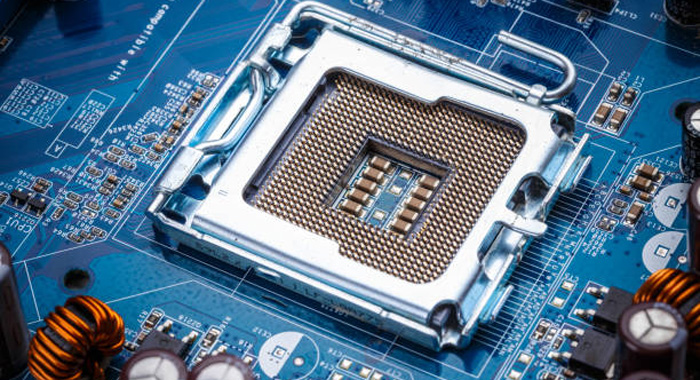With the development of emerging technologies such as AI and high-performance computing, the importance of advanced processes in the foundry industry has become increasingly prominent. In order to meet the growing market demand, wafer foundry companies such as TSMC, Samsung, and Intel are accelerating the introduction of more advanced process technologies.

Source: Internet
It was reported that due to the sluggish capacity utilization rate, the wafer foundry market has lowered its quotation for Q1 next year. Those who are more seriously affected are manufacturers specializing in mature 8-inch wafer foundry processes. At present, the inventory of electronic components such as power management ICs, driver ICs, and microcontrollers remain at a high level, and some products have been switched to 12-inch, causing the 8-inch wafer foundry capacity utilization rate to remain at a low level recently. Manufacturers such as UMC, Vanguard International Semiconductor Corporation and PSMC have aggressively cut prices to capture market share. However, TSMC's prices remain stable that benefit from its advanced manufacturing processes, which is able to be bundled sale with mature manufacturing processes.
TSMC’s N3X and 2nm processes plan to enter mass production in 2025. They will use Gate-all-around FETs (GAAFET) transistors for the first time at the 2nm process node. Compared with N3E, this process can increase the speed to 15% at the same power consumption, and reduce the power by 30% at the same speed while the chip density increases by more than 15%.
Intel stated at the Intel Innovation Taipei 2023 Technology Forum that the Intel 7 process technology has been mass-produced, the Intel 4 process has also been mass-produced, the Intel 3 process is ready to start mass production, the Intel 20A process will be mass-produced as scheduled in 2024. The Intel 18A process will be the ultimate process for the fifth generation process target, and relevant design rules have been determined.
Samsung has mass-produced second-generation 3nm chips and plans to launch a 2nm process by the end of 2025 and a 1.4nm process by the end of 2027. In October this year, media reported that Samsung Foundry, a wafer foundry business of Samsung Electronics, revealed that it had begun to contact large electronic components customers and was preparing to provide services for 1.4nm and 2nm processes. It takes approximately 3 years for foundry customers to make a final purchasing decision. Samsung is in contact with major customers and may show results in the next few years. According to the Samsung Foundry Forum (SFF) plan, mass production of the 2-nanometer process (SF2) will begin in 2025 for the mobile field; it will be expanded to high-performance computing (HPC) applications in 2026, and then expanded to the automotive field in 2027. In addition, like Intel, Samsung will manufacture its own products first, and 2-nanometer process products will be used first in Samsung products rather than external customer products.
Latest Market Overview
Consumer MCUs tend to stabilize, driver IC prices rebound, and storage manufacturers continue to control production
1. Intel’s expansion of foundry business is not as expected, and internal transformation is relatively slow.
2. Texas Instruments is expanding its analog and MCU production capacity. Its second 12-inch wafer fab in Utah has started construction and may be put into production in 2026.
3. Nexperia sells British NWF wafer fab, Vishay takes over for US$177 million
4. NXP’s Q3 mobile business revenue increased by 33% month-on-month, the automotive business Q3 increased by 5%, and the industrial growth was stable. They intends to reduce automotive chip shipments.
5. Intel divested non-core businesses and sold its silicon optical module business to Jabil.
6. Rohm wants to expand its presence in Japan and will produce SiC wafers for the first time in Japan in 2024.
7. Micron Technology’s Taichung Factory 4 will mass-produce HBM3E and other products.